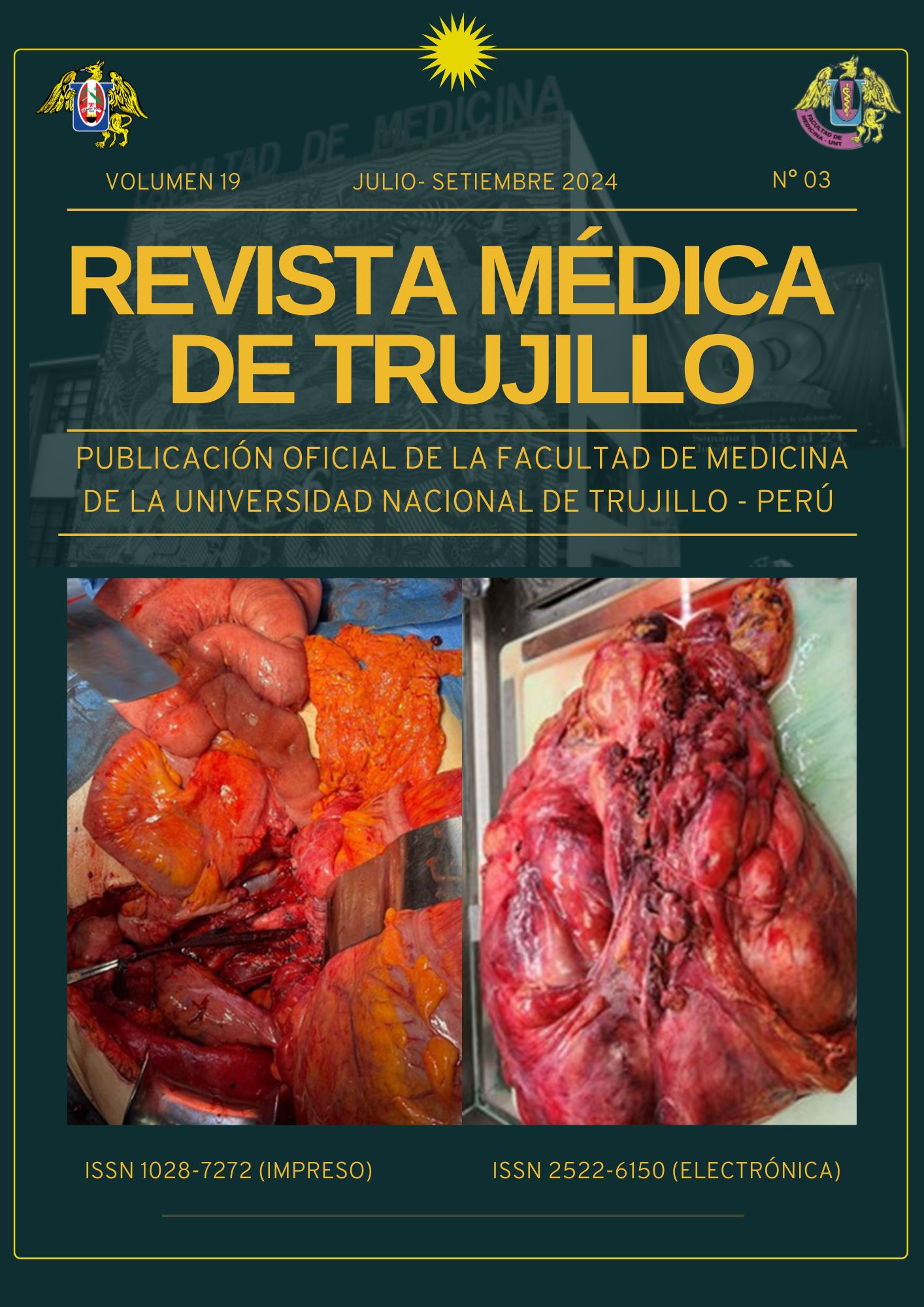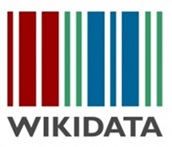Quality of Life in Patients with Metastatic or Unresectable Melanoma: Is Monotherapy with Nivolumab Preferred Over Combination Therapy?
DOI:
https://doi.org/10.17268/rmt.2024.v19i3.6141Palabras clave:
Melanoma, Neoplasm Metastasis, Quality of Life, Nivolumab, Combination Drug TherapyResumen
Introduction: Immune checkpoint inhibitors have ushered in the melanoma treatment revolution. The aim of this review lies in evaluating whether the therapeutic combination of nivolumab and relatlimab leads to an improvement in both survival and quality of life compared to the exclusive use of nivolumab in patients suffering from metastatic or unresectable melanoma. Methods: Narrative review based on evidence published in PubMed, Scopus, Scielo and Embase databases. Results: The analysis demonstrates substantial benefits in terms of progression-free survival, and furthermore, this therapeutic combination is well-tolerated by patients. Various risk factors, including genetic predisposition, intermittent exposure to solar radiation, and the number of nevi present, contribute to the development of melanoma. To address this disease, the TNM staging system stands as a crucial tool in classification and prognostic estimation. It is important to note that, in localized cases, surgery plays an essential role, while in more advanced situations, pharmacological modalities, especially those involving immune checkpoint inhibitors, emerge as fundamental. The assessment of quality of life finds its expression through Patient-Reported Outcome (PRO) questionnaires, playing a pivotal role in medical decision-making. Patients who receive detailed information about the risks and benefits associated with adjuvant anti-PD1 immunotherapy express greater satisfaction with their medical choices. Conclusions: This review provides evidence that the therapeutic combination of nivolumab and relatlimab yields significant improvements in the survival of patients with metastatic melanoma.
Descargas
Publicado
Cómo citar
Número
Sección
Licencia

Esta obra está bajo una licencia internacional Creative Commons Atribución-NoComercial 4.0.















